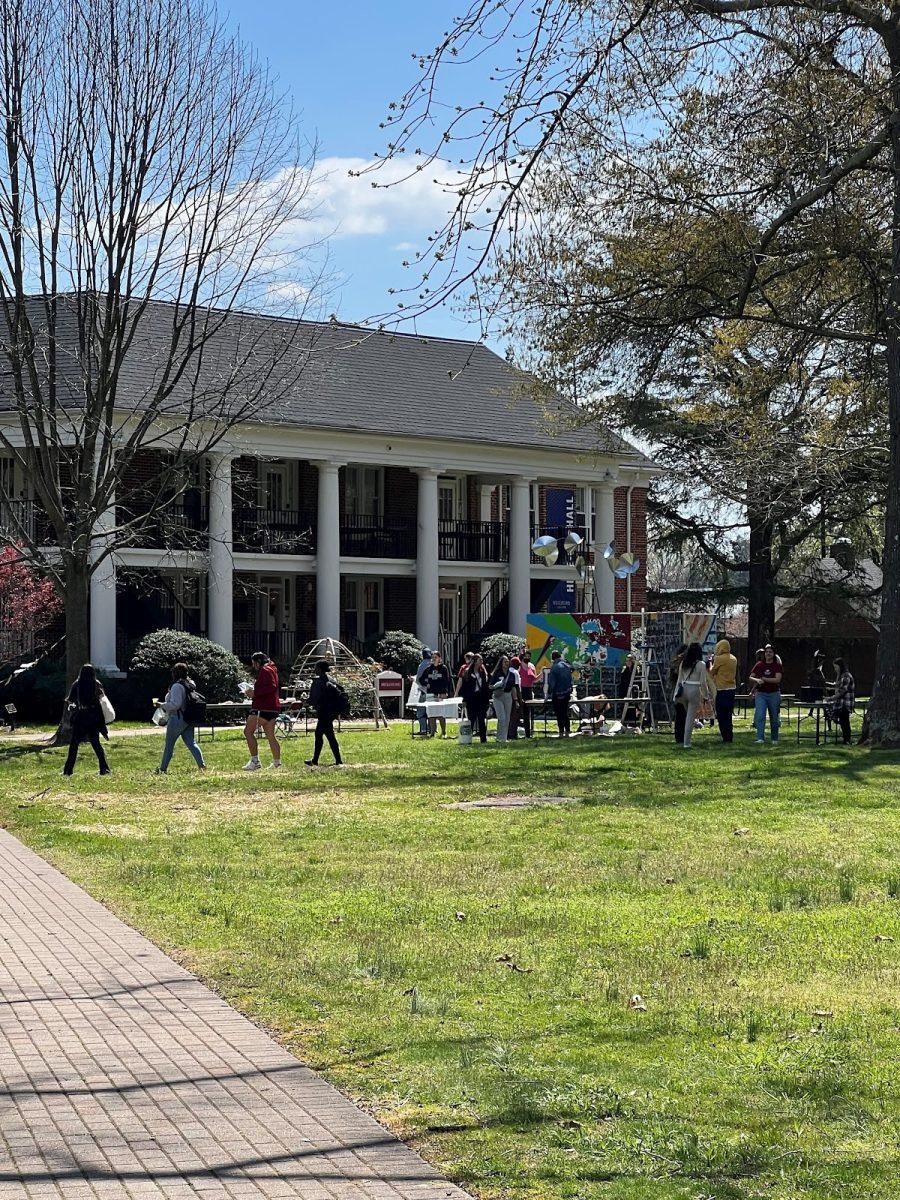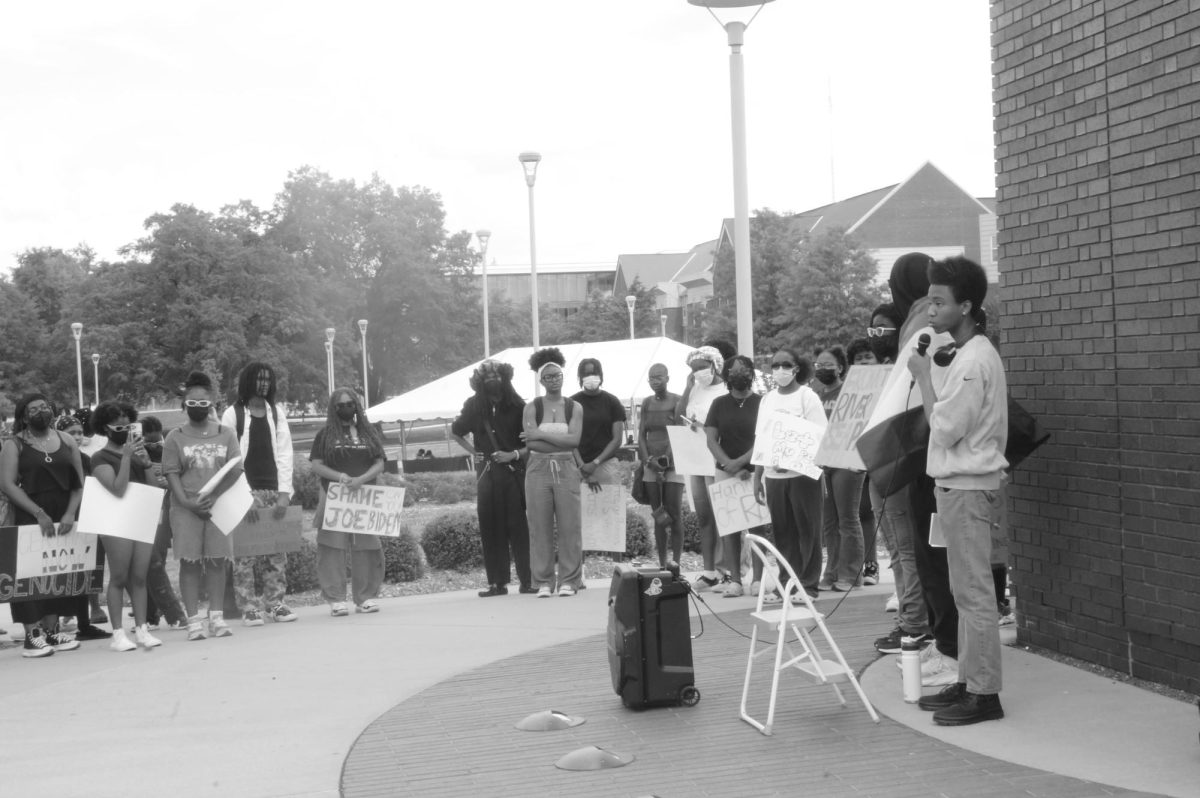For years, tuition for full-time students has risen steadily. This year was no exception. Tuition rose 4.1 percent from $32,090 last year to $33,430. However, students who receive work-study as part of their financial aid packages are in for a surprise.
Many, including junior Rebecca Allen, have seen their awards reduced or even eliminated.
“I was not awarded work-study at the beginning of the year and had to re-apply for it,” said Allen.
Members of the individual departments that hire work-study students have noticed a downward trend in hours as well.
“When I first started to work here (in 2005), I would say that most students had up to 12 hours,” said Susan McClanahan ‘73, collection management coordinator for the Hege Library. “It’s really rare if I see over 6.9 (hours) … it seems to be the standard today.”
Student Financial Services, the Guilford College department in charge of administering financial aid, points to reductions in Federal Work-Study grants Guilford receives from the U.S. Department of Education as the reason for some of the changes.
“We’re given a set amount of dollars from the federal government that we can use towards work-study,” said Benjamin Carmichael, assistant director of student financial services, in a joint interview with Brandi Wardell, director of student financial services. “When they reduced our funding, rather than give a smaller group of people a larger amount of money, we tried to stretch (it) over a larger group of people.”
For the 2009–2010 award year, Guilford received $245,680 from the Federal Work-Study program, according to the Department of Education. However, in the 2012–2013 award year, only $165,561 was allocated to the school.
This year, that number dropped to $147,919.
During that same period of time, tuition has risen approximately 20 percent from $27,850 in 2009.
Two years ago, the reduction in funds forced Student Financial Services to lower the maximum work-study award from $2,000 to $1,500.
“I will say that the allocation of funding from the federal government has probably been decreasing over a three to four year period,” said Wardell. “We saw a bigger hit two years ago, and that’s when the department had to make a decision as to how we were going to be able to help as many students as possible.”
Wardell also said that while most students receive the $1,500 cap, students may see their work-study award reduced later in their time at Guilford.
“If there’s a pattern of not really working the full amount of hours for a $1,500 award, we put the students at the pace that they have earned in the past,” said Wardell.
Students have expressed concern that lowering work-study awards while tuition continues to climb will adversely affect their ability to pay for school.
“It’s pretty much impossible even for a student who is on some kind of scholarship and receiving financial aid money or a work-study job,” said junior Tesia Burton. “It’ll be harder for them to stay here if that sort of thing is happening.”






